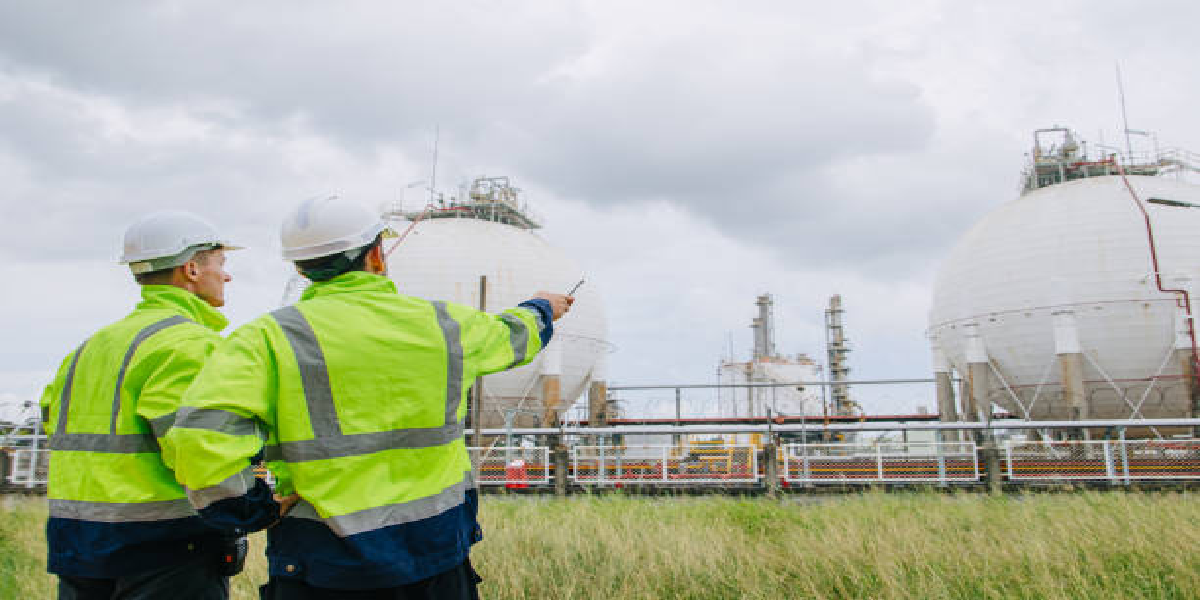
OUR VISION AS AN OIL AND GAS INDUSTRY
SUSTAINABILITY AND ENVIRONMENTAL RESPONSIBILITY
– Transition to a Low-Carbon Future: The industry is increasingly focused on minimizing its carbon footprint through the adoption of renewable energy sources, carbon capture and storage (CCS), and efforts to reduce greenhouse gas emissions.
– Responsible Resource Management: Ensuring that exploration and extraction processes are optimized to minimize environmental disturbance and protect biodiversity is a priority.
– Investing in Green Technologies: Companies are exploring and investing in alternative energy sources such as biofuels, hydrogen, and solar power to diversify energy portfolios.
TECHNOLOGICAL INNOVATION
– Digital Transformation: Incorporating technologies like artificial intelligence, big data analytics, and the Internet of Things (IoT) to enhance operational efficiency, predict maintenance needs, and optimize resource extraction.
– Automation and Robotics: Utilizing advanced machinery and robotics in production and maintenance processes to improve safety and reduce human-related risks in hazardous environments.
– Enhanced Oil Recovery Techniques: Developing and implementing innovative extraction techniques to maximize production from existing fields while minimizing environmental impacts.
ENERGY SECURITY AND SUPPLY
– Diversified Energy Solutions: Aiming to balance energy supply by investing in a mix of renewable and non-renewable resources to meet global energy demand efficiently.
– Global Partnerships: Building strategic alliances and partnerships across the supply chain to ensure steady access to resources and energy security for consumers.
– Adapting to Market Fluctuations: Developing agile strategies to respond to volatility in global oil prices, geopolitical developments, and changing consumer preferences.
REGULATORY AND SOCIAL GOVERNANCE
– Compliance with Environmental Standards: Adhering to stringent environmental regulations and commitments to sustainable practices to maintain social license to operate.
– Stakeholder Engagement: Collaborating with local communities, governments, and other stakeholders to address social and environmental concerns and enhance transparency in operations.
– Corporate Social Responsibility (CSR): Implementing CSR initiatives that contribute to local economies and promote social equity in areas impacted by oil and gas operations.
WORKFORCE DEVELOPMENT AND SAFETY
–Skills Development: Fostering a skilled workforce by investing in training and development programs that prepare employees for new technologies and practices in the industry.
– Safety Culture: Promoting a culture of safety at all levels of the organization to mitigate risks and protect the health and well-being of employees and surrounding communities.
– Diversity and Inclusion: Encouraging a diverse and inclusive workforce to enhance creativity, innovation, and decision-making processes within the industry.










